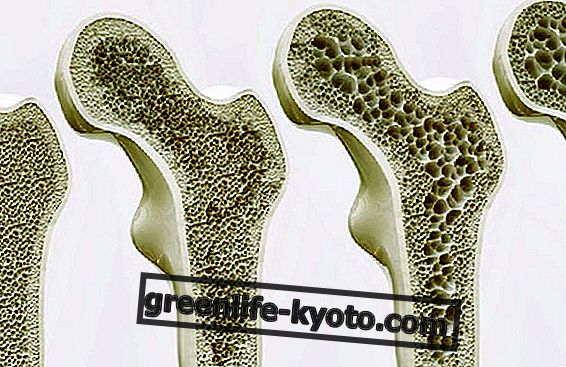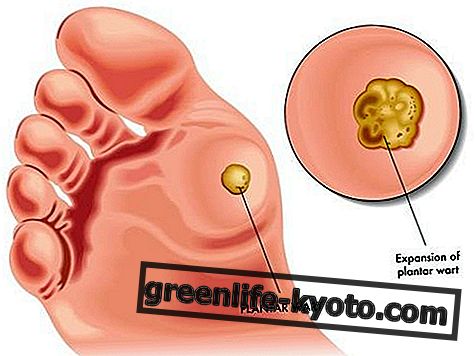Homeopathy was founded by Christian Friedrich Samuel Hahnemann and aims to cure symptoms and diseases with homeopathic remedies that respect the body, not eliminating the symptom, but rather stimulating the individual to overcome the disease. Let's find out better.
>
>
>

What is homeopathy
Homeopathy (from homòios, similar, and pàthos, disease) aims to treat symptoms or diseases with infinitesimal doses of substances that in higher doses would cause the same ailments or diseases in healthy subjects (" Similia similibus curantur "). Homeopathic remedies tend to respect the body, not eliminating the symptom, but rather stimulating the individual to overcome the disease, strengthening the constitution. Homeopathic substances for therapeutic purposes are 70% of plant origin, but there are also substances of animal and mineral origin. They are all subjected to dilution and shaking, to eliminate the toxicological properties, exalting instead the therapeutic ones.
Founder of homeopathy is the doctor Christian Friedrich Samuel Hahnemann, born in 1755 in Meissen, Saxony. The medicine of the time was made up of blood-letting, enemas, purges, leeches and other irrational therapies with disastrous effects. After experimenting with quinine, Hahnemann is convinced of the therapeutic potential of very diluted doses of the homeopathic remedy, to the point of giving the Organon, his best-known treatise, to the press. Inside we talk about the profile of the good doctor, the role of the vital force that dynamically dominates the material body, the concept of illness as a dynamic disconcertment of the material essence. Today, homeopathy enjoys wide acceptance among the population of the whole world.
Benefits and contraindications
The homeopath prescribes the remedy based on the different psychophysical characteristics for each patient . This implies a listening and a human approach towards the person, and not only towards the disease, as often happens with traditional medicine. This is the most important benefit of the homeopathic approach. The dispute between homeopathy and traditional medicine is resolved in the unscientific nature of homeopathic remedies, due to the placebo effect, and the question of the interest of pharmaceutical companies is often called into question . Nevertheless, the effectiveness of homeopathy leads to many people disappointed by conventional medical treatments. Also for homeopathy, there are contraindications related to incorrect treatments.
For whom homeopathy is useful
The list of pathologies that can be treated by homeopathy is vast. It is important to remember that, before the illness, the homeopath treats the sick person . Apart from that, homeopathy is effective in cases of organic, functional, acute or chronic diseases. Among the most common disorders treated homeopathically, according to a document of LUIMO there are in the order: mental disorders, diseases of the respiratory system, skin, digestive and genitourinary tract, endocrine and nutritional diseases, diseases of the musculoskeletal system, of the system nervous, circulatory and so on. Prevention occupies eighth place.
Who is and what the homeopath does

The law in Italy and abroad
There are about 8 million Italians caring for homeopathy and the number of doctors on the National Register of Homeopathic Doctors is growing. If homeopathy enjoys the consent of the population, the same cannot be said from a legislative point of view.
In Italy, in fact, there is no specific legislation on homeopathy, despite several bills proposed in Parliament. In other countries of the world, homeopathy is recognized as a medical system or medical specialty, even integrated into the national health system.
For becoming a homeopath, it is important to specialize after graduating in general medicine. After the specialization, a period of training and at least two years of practice follows, condition sine qua non for registration in the Register.
Curiosities about homeopathy
Since Hahnemann's time, there have been opposing homeopathic schools, fighting over particular aspects related to the technique of administering remedies. The most important homeopathic addresses are five : Unicism, Pluralism, Complexity, Homotoxicology and Eclecticism.













